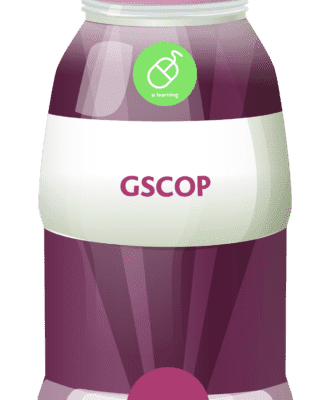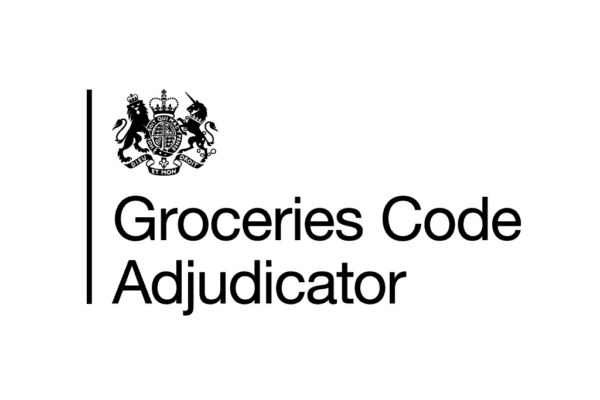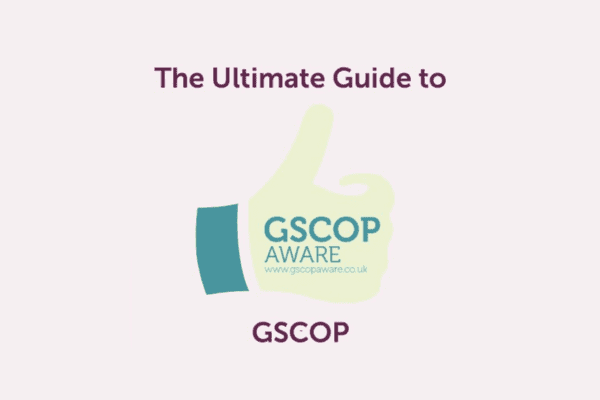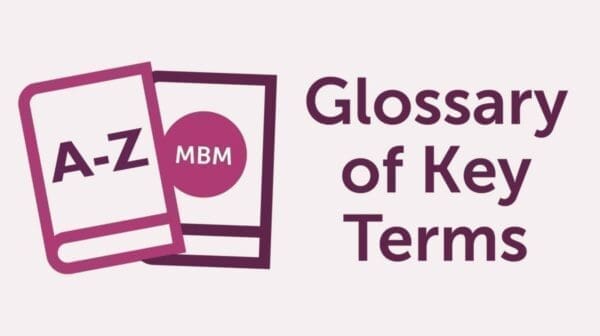
GSCOP Training Course
GSCOP Training Course “After the training, I can comfortably say that now the whole team are more informed, more aware and…
Please scroll down to find the article/content you are most interested in. Use the search facility in the top right to narrow your search.





